Introduction to 8 litz wire types and their application
This is a very detailed Introduction to 8 litz wire types and their application based on Frequency and Gauge-Chart.tell us application and your devices operating frequency ,we will give recommendation accordingly
In this article,the litz wire types classification method is based on the “construction” of the cable.you can also classify based on different insulation /conductor materials
We will recommend based on different insulation accordingly
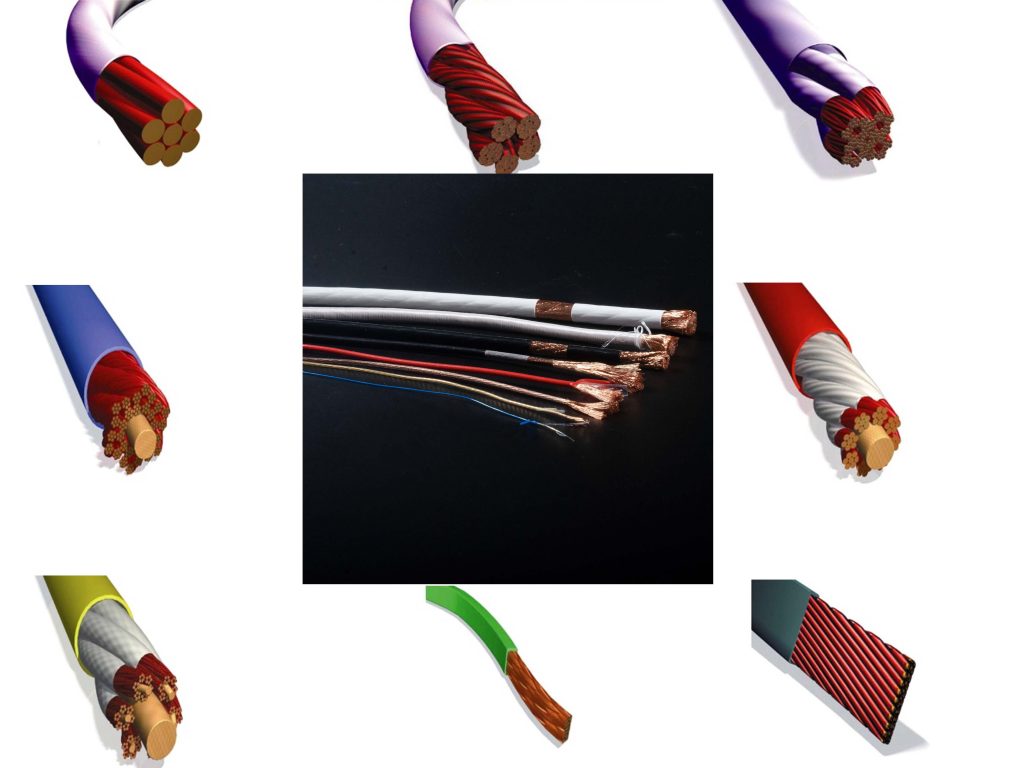
Go to the product list
Type 1:
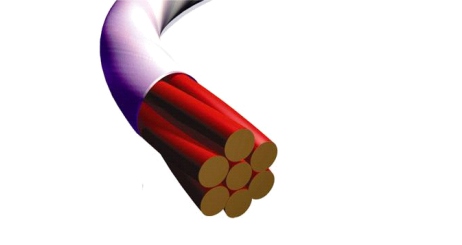
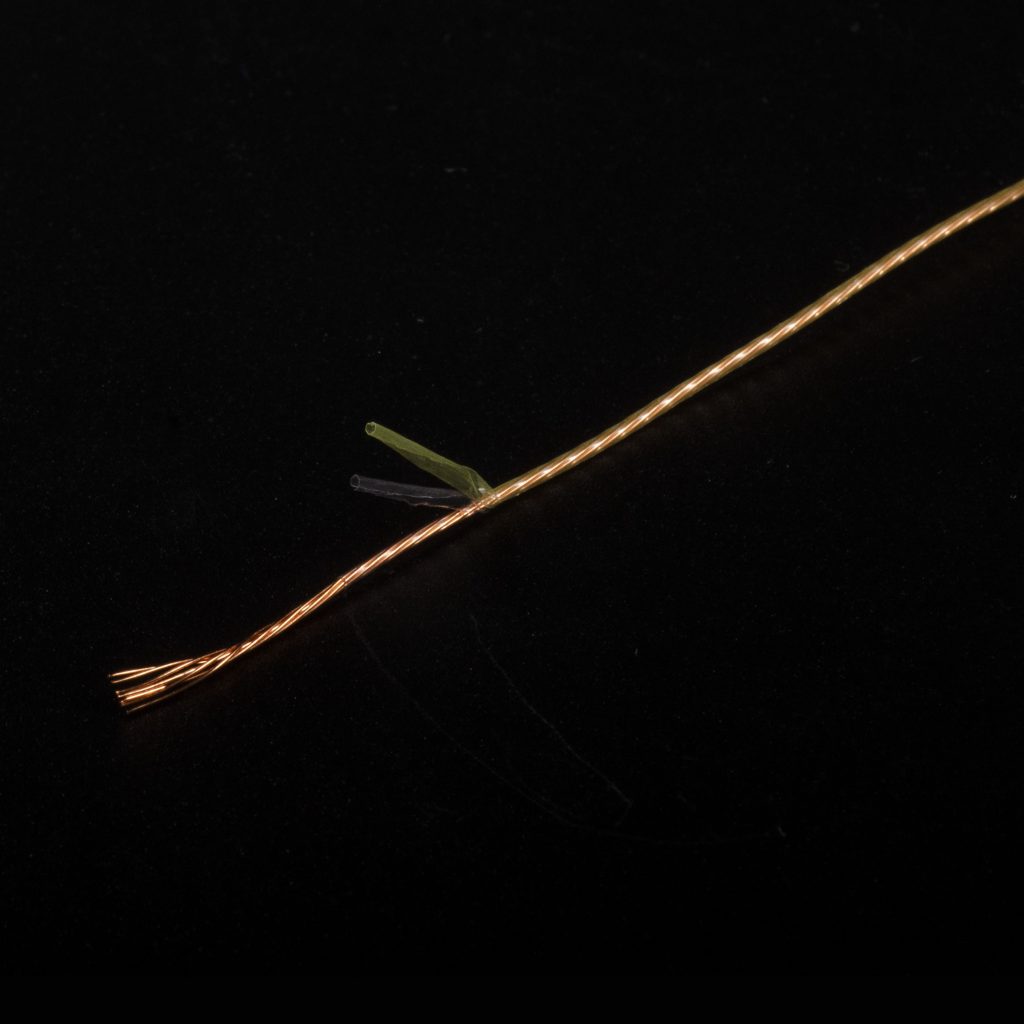
Type 1 Litz wire construction featured as a single twisting operation with optional outer insulation.Outer insulation can be textile yarn, insulation tape or extruded compounds.
Conductor:Single Enamelled wire stranded
Application:The smaller constructions of Litz type1 are typically used in high Q circuitry, such as toroidal coils and transformers
Type 2:
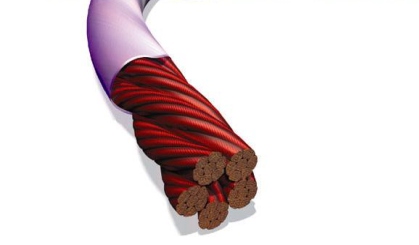
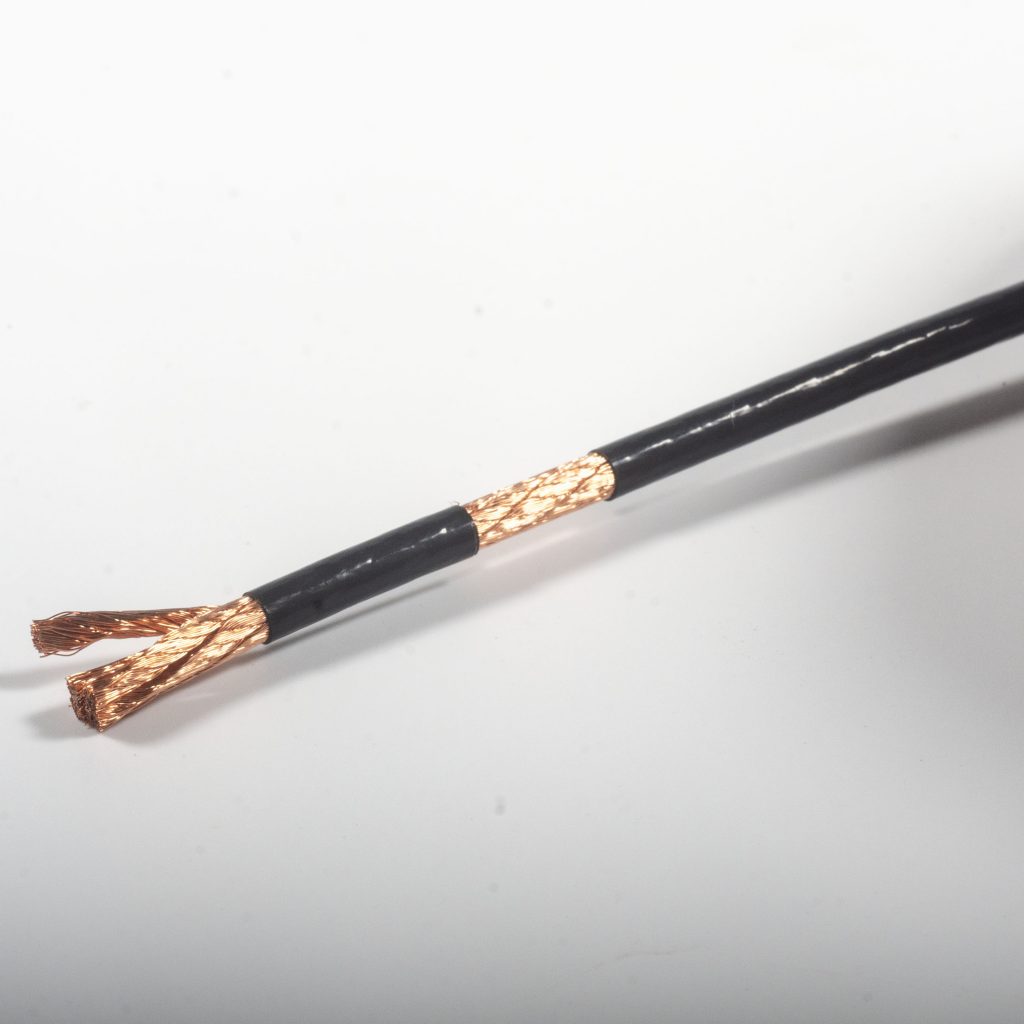
Type 2 Litz construction features bundles of twisted wire twisted together with optional outer insulation.
Outer insulation can be textile yarn, insulating tape or extruded compounds
Conductor:Bundles of Type 1 Litz wire
Application:Similar to Type 1 litz,the smaller constructions of Litz type2 are typically used in high Q circuitry, such as toroidal coils and transformers
Type 3:
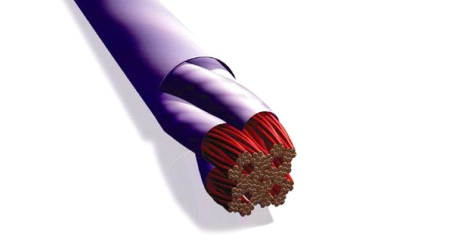
Round Type 3 Litz cable is featured with ” insulated bundles of twisted wire twisted together with optional outer insulation”.
Outer insulation can be textile yarn,insulating tape or extruded compounds.
Conductor:Individually insulated bundles,Bundles of Type 2 Litz wire
Application:Similar to Type 1 and type 2 litz,the smaller constructions of Litz type3 are typically used in high Q circuitry, such as toroidal coils and transformers,The larger Type 2 and 3 Litz designs have greater current carrying capacities necessary for highfrequency power supply, inverter and grounding applications
Type 4:
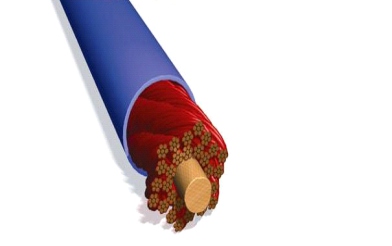
Round Type 4 Litz construction features bundles of twisted wire twisted around a central fiber core.
Optional outer insulation of textile yarn, tape or extruded compounds
Conductor: Bundles of Type 2 Litz wire and fiber core
Application: Type4,5 and 6 litz constructions all uilize at least one inert core and are used primarily in tuning circuitry for high power radio transmitters
Type 5:
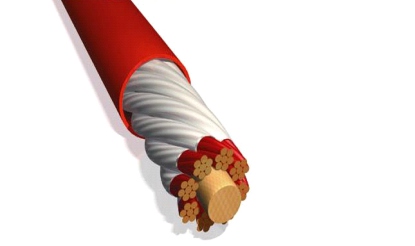
Round Type 5 Litz cable is featured as insulated bundles of Type 2 Litz wire twisted around a fiber core.
Optional outer insulation is textile yarn, tape or extruded compounds
Conductor: Bundles of Type 2 Litz wire and fiber core
Application: Type 5 litz wire composes of all uilize at least one inert core and are used primarily in tuning circuitry for high power radio transmitters
Type 6:
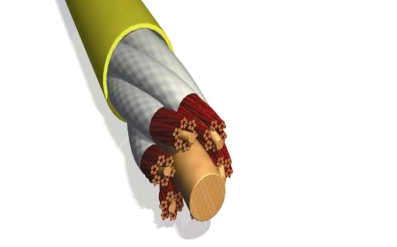
Litz Type 6 is featured with bundles of Type 5 wire twisted around a fiber core.Optional outer insulation can be textile yarn, tape orextruded compounds
Conductor: Bundles of Type 5 Litz wire insulated with nylon serving and Fiber Core
Application: Litz Type 6 litz wire are used primarily in tuning circuitry for high power radio transmitters
Type 7
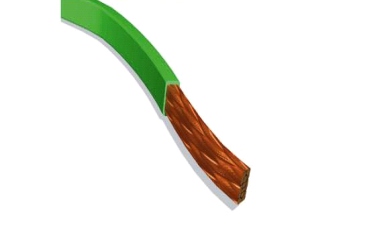
Type 7 Litz cable composes of insulated wire braided and formed into a rectangular profile.Optional outer insulation of textile yarn, tape orextruded compounds
Conductor: Braided film-insulated wire
Application: The Type 7 braided Litz constructions are used primarily in high frequency grounding applications, or where special inductor designs require high aspect ratio conductors ,we have listed only the most popular constructions and frequency ranges, Specific sizesutilizing almost any wire gauge are available to meetcustom er specification.
Type 8
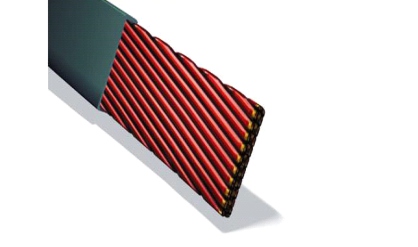
Type 8 Litz composes of single insulated strands twisted and compressed into a rectangular profile.The rectangular compacted type 8 litz constructions listed in this section are designed with copper densitiesfrom 60 to 75 percent of the cable’s cross sectional area .
Optional outer insulation of textile yarn, tape or extruded compounds
Conductor: Compacted film-insulated wires or compacted groups
Application:This type litz is particularly suited for high frequency motor,generator,transformer and inverter windings where limited space necessitates a conductor with excellent fill factor and copper density.